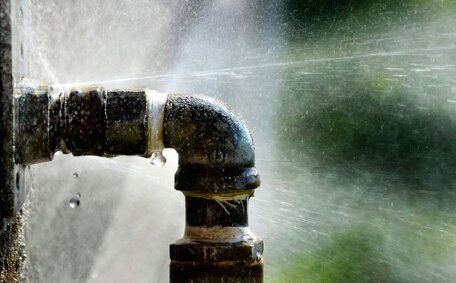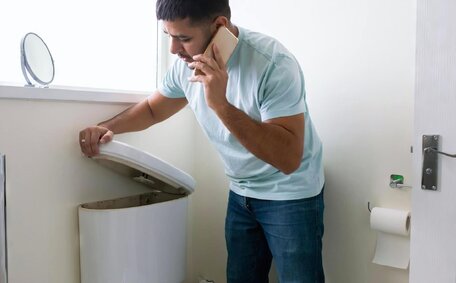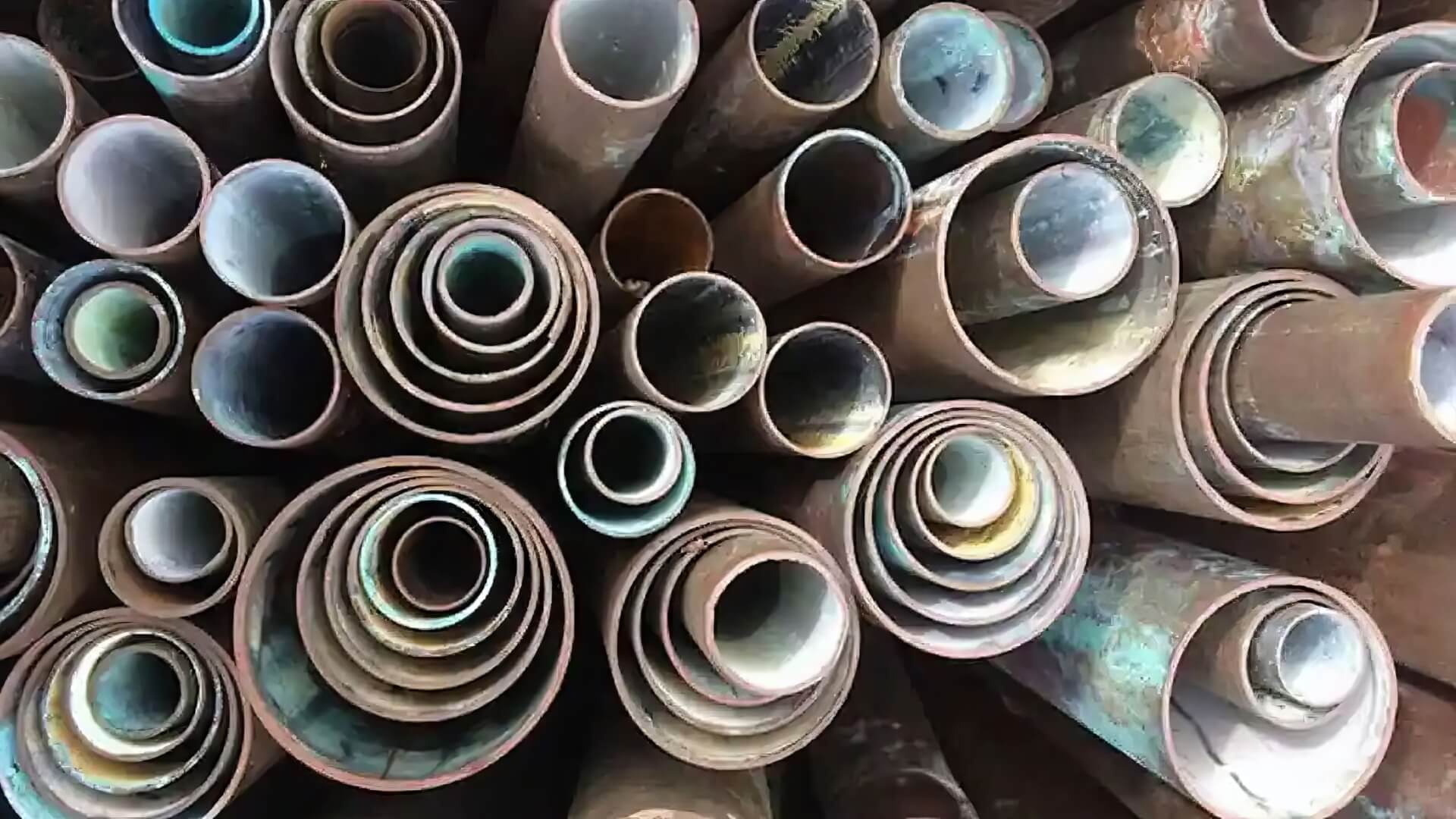
10 Signs Your Hot Water Heater Will Fail
If your water heater is old, leaking, rusty, noisy, not heating water properly or has low pressure, it could fail soon. Get your hot water system inspected today.
Read MoreA reliable electric hot water system is critical for domestic comfort and business operations. Unfortunately, you might face a situation with no hot water, as systems can degrade over time and ultimately fail. Identifying problems early on allows for preventative upkeep, extending your water heater’s lifespan.
Some signs your water heater is exhibiting failure include rusty or discoloured water, Variable water temperatures, strange sounds from the unit, leaks near the tank, unusual odours, and inconsistent pilot lights in gas-powered systems. If persistent issues are noted, it’s advisable to inspect your hot water systems and consult a professional to rule out external factors like outdated pipes.
Regular inspections of critical components in your hot water system can reveal issues before they affect your supply. Examine components like corrosion, faulty thermostats or a heater failing heating element, worn out anode rods, sediment buildup inside your electric hot water heaters, and more. Annual servicing is recommended to maintain optimal performance of your hot water system.
If you find rust-coloured water or sediment when using your taps, it may point to corroding components within your hot water unit. As metal components like the water tank walls or heating elements degrade, rust and scale enter the water supply.
To get your hot water flowing steadily at a set temperature, low water pressure could suggest underperforming system efficiency. A lack hot water consistency, with random spikes of hot or cold water, might imply the thermostat or electric elements are malfunctioning.
Clanging, rumbling, or loud humming noises are indications of a failing water system, likely from issues like sediment buildup inside the tank, worn out heating elements making contact, or circulation pumps that are on their last legs.
Water tinged with rust or sediment suggests corrosion within the water heater tank. As walls and heating elements within the tank degrade, rust and scale may contaminate the water.
Corrosion could result in damaging leaks or, in severe cases, tank ruptures that pose a risk to your home. You should call a technician to inspect your hot water unit if you notice any discoloration issues that could suggest system malfunctions. They can evaluate corrosion severity and suggest remedies like flushing through the drain valve or fitting an anode rod to stall further damage.
Addressing corrosion promptly can facilitate repairs that may prolong your tank’s life. However, if corrosion has notably advanced, it might become time to replace the entire unit to ensure a reliable hot water service is restored.
Temperature shifts greater than 3 degrees Celsius often signal hidden problems. The thermostat controls the heating elements to maintain the temperature you set. If readings become erratic, what do you do? The thermostat could be failing.
Fluctuating temperatures can indicate sediment and mineral deposits insulating the heating components. Such buildup hinders efficient heat transfer and conductivity. Have a technician check your hot water tank if you notice inconsistent or extreme temperatures.
Hearing strange noises from your electric water heater like clanging, rumbling, or loud humming can indicate developing issues. There are a few common causes for these sounds, including sediment accumulation, worn-out heating elements, or suboptimal water flow from failing circulation pumps.
As your hot water service is used, mineral deposits and sediments settle at the bottom tank. Over time, this build up insulates critical components, impacting your electric hot water service and leading to temperature fluctuations or rumbling vibrations.
Have a technician inspect your system if you notice unusual noises. They can flush the tank to remove troublesome sediment accumulation. Catching this early prevents more severe failures down the line and may extend your hot water system’s lifespan.
Leaks noticeable around your hot water system can signal an imminent breakdown, requiring prompt inspection. Immediate action is vital if you notice small puddles near the tank, suggesting heater leaking. Catching minor leaks right away allows preventative repairs your hot water system needs before catastrophic failures happen.
Inspect connectors and pipes for corrosion or cracks allowing water to escape from your water unit. The TPR valve expelling water suggests excessive pressure buildup due to sediment accumulation or a faulty thermostat. Have a professional urgently assess your system if dripping persists for over a day.
Substantial water coming out and leaking around the tank could be a sign of advanced corrosion penetrations or other issues. Make sure to turn off power to your unit and the water lines before calling an emergency plumber. Untended significant hot water leaks could result in irreparable damage, potentially leading to a system replacement if repair expenses exceed new component costs.
Detecting a rotten egg or sulphur-like water smells from your hot water system may indicate bacterial growth inside the tank or pipes. While not perilous, this unpleasant odour makes it clear that no one wants discomfort within their home.
Anaerobic bacteria flourish within the warm, dark expanse inside tank environments. As populations multiply, there’s no mistaking the rotten stench their byproducts carry. Luckily, most bacterial growth is harmless, but attend to odd smells promptly since they can proliferate rapidly.
Begin by having a technician inspect your unit, flush the system, and shock cleanse it with chlorine if bacterial accumulation is confirmed. Catching odours early allows straightforward repairs to restore freshwater flow and prevent future hassles. However, if the problem persists, replacing compromised components might be your best solution.
The pilot light, responsible for igniting the burner in gas water heaters, reacts sensitively to variations in gas pressure. When working properly, it burns a clear blue colour indicating the gas combustion is steady. A flickering or yellow pilot flame, however, could be caused by issues including moisture affecting the gas combustion.
Gently cleaning the thermocouple with a damp cloth may return it to full function.
Over time, the thermocouple collects dust and debris which interferes with readings and causes an unstable flame.
If the flame continues behaving erratically after a clean, an inadequate gas supply may be disrupting ignition. Have your gas lines inspected and get in touch with your local utility provider if pressure drops below optimal combustion levels. Intermittent pilot outage accompanied by a rotten egg’ smell could also indicate a dangerous gas leak needing immediate repair.
Caution is advised for pilot light issues, despite many being manageable through DIY repairs. Persistent problems necessitate a professional to guarantee safe appliance operation in your home.
Deciding to repair or replace a faulty water heater requires weighing various key factors. As a general guideline, units more than 10 years old may not be economical to repair. However, consider:
A licensed plumber should be consulted for advice on the best option tailored to your circumstances. They can inform you about your water heater about potential issues, and offer quotes for fixing or replacing your unit. While daunting, addressing hot water problems early prevents more headaches down the road.
When problems persist, engaging a professional plumber for hot water system repair is essential for a quick resolution. Due to complex components such as heat pumps and delicate electrical connections, repairs often require licensed expertise beyond DIY capabilities.
Seeking professional help can minimise the risk of property damage or personal injury. Plumbers’ industry experience equips them to pinpoint subtle yet significant water system issues. Through methodical troubleshooting and tailored solutions, they restore system functionality and safety.
Confirm that your selected service provider holds the required licenses, training, experience, and has favourable customer feedback. Opt for a provider focused on transparent diagnoses, ethical recommendations, competitive quotes, and reliable follow-up.
Mortdale Plumbing Services offers exceptional repair and replacement for all hot water systems, with round-the-clock availability and over a decade of expertise. Contact us today to discuss maintaining your hot water supply.
Mortdale Plumbing Services is ready to help with any hot water system issues you’re experiencing. As licenced plumbers with over 10 years of expertise, we specialise in repairs, maintenance, and replacement of residential and commercial units.
Our team is available 24/7 to assess your situation, diagnose problems, and recommend solutions tailored to your needs. We utilise methodical troubleshooting, industry-leading equipment, transparent pricing, and top-quality components you can trust.
For appointments, advice, or free quotes on repair or replacement costs, please contact us:
Serving Mortdale, Sydney and the surrounding areas, we are your local plumbing professionals. Reach out when hot water issues arise, and we’ll strive to restore flow and temperature quickly and affordably.
If your water heater is old, leaking, rusty, noisy, not heating water properly or has low pressure, it could fail soon. Get your hot water system inspected today.
Read MoreIf you have plumbing fixtures that are over 10 years old or showing signs of wear like leaks and cracks, it’s important to replace them to prevent more costly water damage in the future. Replacing worn fixtures improves water efficiency.
Read MorePipe relining is a trenchless method that renews pipes from the inside out. It involves draining, drying and scrubbing the pipe interiors before applying materials like silicone, PMMA or epoxy resins to create a resilient, soft, temporary liner inside the existing pipes.
Read MoreMortdale, 2223 NSW
We will call back as soon as possible.




